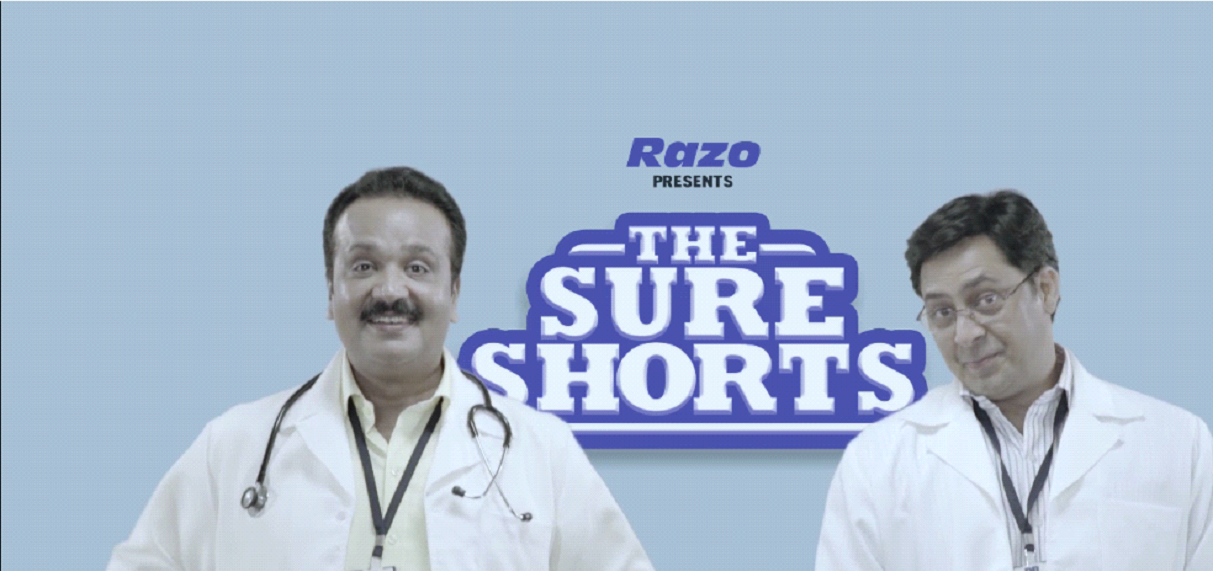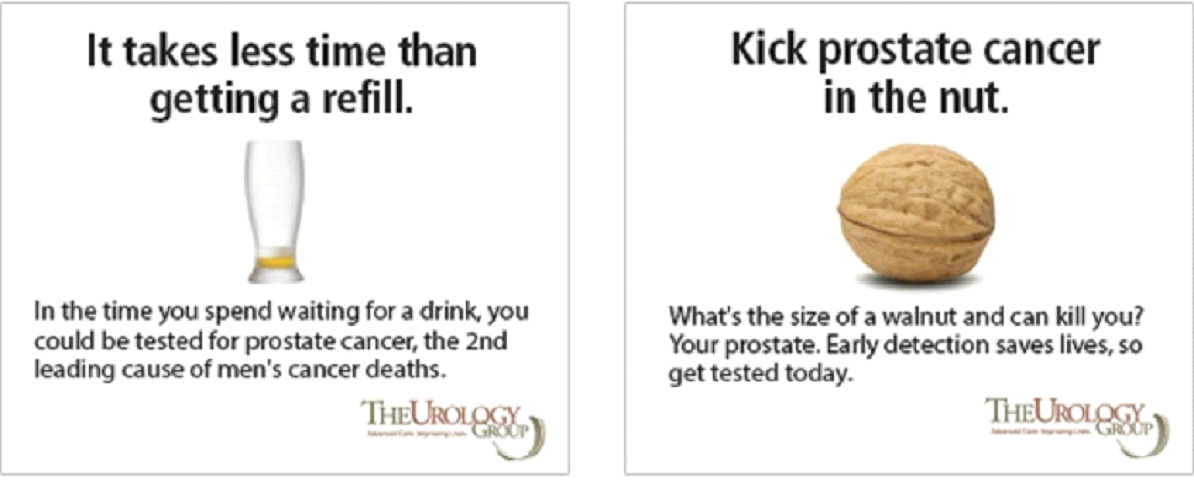This article was originally published by ET Brand Equity in India.
The use of humour in healthcare settings is often referred to as ‘therapeutic humour’. Therapeutic humour doesn’t change a clinical outcome but helps patients better navigate the processes of illness and recovery. Studies suggest that humour can facilitate healing in the body.
Healthcare Providers (HCPs) often interact with patients at a time when they are most vulnerable. Using humour effectively with patients requires tact and sensitivity. A lot of times the HCPs begin by laughing at themselves and let the patients laugh with them. This helps facilitate trust and an atmosphere of comfort.
For patients, humour helps take their minds off the suffering. For HCPs, humour is a form of self-care and as a doorway to deeper connection with both colleagues and patients.
However, the greatest and as yet less-utilised potential of humour lies in communication design. Humour can be a great asset for brands for creating differentiation and positive association with both the patients and the HCPs.
Here are 4 learnings from brands that have used humour-based healthcare communication successfully:
Razo: Humour helps create deep connections

Many brands fail to recognize that doctors are human beings too. Think about it, 30 patients, 20 Medical Representatives and an average 100 brands detailing to deal with, every single day! While an HCP is trained to rise above all emotions, he too needs a break, needs to laugh and gossip and share a cup of coffee with his colleagues sometimes, listen to his favourite music and may be even catch a movie. He too identifies with human truths like any of us. That is what a brand can leverage to establish deeper connections with them.
Dr. Reddy’s Razo did exactly that. Razo, a prescription only acidity drug, wanted to communicate efficacy to the HCPs. But instead of doling out purely scientific content, the brand decided to tell science through stories A series of films called Razo Sure Shorts was created showing two fictitious doctors, Dr. Singh and Dr. Pillai. These doctors were friends and colleagues who literally grew up together and who discussed Razo cases while chit-chatting and going about their lives as doctors. Each video covered one salient aspect of Razo’s in-clinic efficacy.
The duo’s comradery and jokes resonated with lives of doctors. The in-clinic time spent with MRs jumped from a mere few seconds to almost 6 minutes – leading to a big boost to prescriptions. Soon we had doctor’s request for more stories and the campaign continued for 4 seasons like a medical series, exploring several aspects of the doctors’ lives like in the hospital, in the medical school, on a trip to the mountains etc. with Razo as a constant trusted, effective companion.
Enterogermina: Humour lowers psychological barriers

Healthcare and pharma communications usually show a solution to a problem and often rely on fear to highlight the problem. However, sometimes that may put consumers off. Also, when everyone is talking of problems, it becomes a blind spot and consumers begin to filter out unpleasant messages. Talking about the subject in a lighter vein helps stand out of the clutter, alleviates the fear and lowers people’s psychological defenses making them more receptive to the message.
Diarrhea is a common but serious condition in young children. Most mothers know that if not treated immediately, it can get worse very quickly. Sanofi’s Enterogermina, going from prescription medication to an OTC, chose a lighter tone of voice. The “Happy tummies make happy mummies” campaign was based on an insight that stopping children from experimenting with food is stopping them from learning, so let them explore; meanwhile in case of diarrhea manage with Enterogermina.
The lead TVC featured a hummable rap capturing the journey of the child eating a lot of street food, and getting an upset tummy, and then confident mummy coming in with Enterogermina as ammunition to combat her son’s diarrhea causing bad bacteria. Even the difficult to pronounce name was made into a jingle for recall among children and mothers, giving the entire campaign a very feel-good factor instead of being very serious and illness focused.
The Urology Group: Humour can be used as an icebreaker

Healthcare topics are personal and many times there is resistance to talk or speak about some subjects. Using humour helps in situations like these, however, it is important to have empathy while creating such communication. On the other hand, humour can often help is grabbing attention for subjects that may not easily or commonly talked about.
The Urology group prostrate caner campaign employed witty humour to subtly encourage men to go for their annual prostrate screening. The messages were designed to assuage the dread associated with prostrate screenings and bring a certain amount of ease to the subject of prostate cancer awareness instead of the regular fear-mongering that cancer awareness communication resorts to.
NHS: Humour is a great equalizer

No matter where in the world you are, chances are you will get a smile if you tell a good joke. Healthcare is a universal human need and therefore the problems health care communication tackles are also global in nature. Humour helps transcend barriers of language, gender, class and race biases.
UK’s National Health Services (NHS) commissioned a humourous film that made fun of the overreactions to small ailments to encourage more people to count on their pharmacist before consulting their GPs.
Taking a leaf out of exaggerated overblown movies reactions, the ‘Help Us, Help You – Get It Seen To’ film showcased various movie genres – horror, romcom, and action – as a way to ask people not to over-react and raise awareness of the availability of the free, private and confidential consultations that high street chemists offer. A simple, humourous way to offer a solution to small health issues thus reducing the burden on already over-loaded primary care physicians.
In summary,
⦁ Humour helps create deep connections
⦁ Humour lowers psychological barriers
⦁ Humour can be used as an icebreaker
⦁ Humour is a great equaliser
Humour is a powerful emotion. It can greatly benefit health & pharma communication in creating deeper connections and tangible differentiation. It can solve many communication challenges, and at the same time bring smile to everyone’s faces.
So, the next time you are working on a healthcare assignment, try and lace it with some humour. It’s role in healing can never be underestimated. And in case you are looking for further inspiration, catch Patch Adams in action over the weekend or maybe closer home, Munna Bhai M.B.B.S. Remember humour is a powerful coping tool that shouldn’t be overlooked as a mechanism to create stronger connections.
Keep smiling, keep spreading some.
to News Alerts




